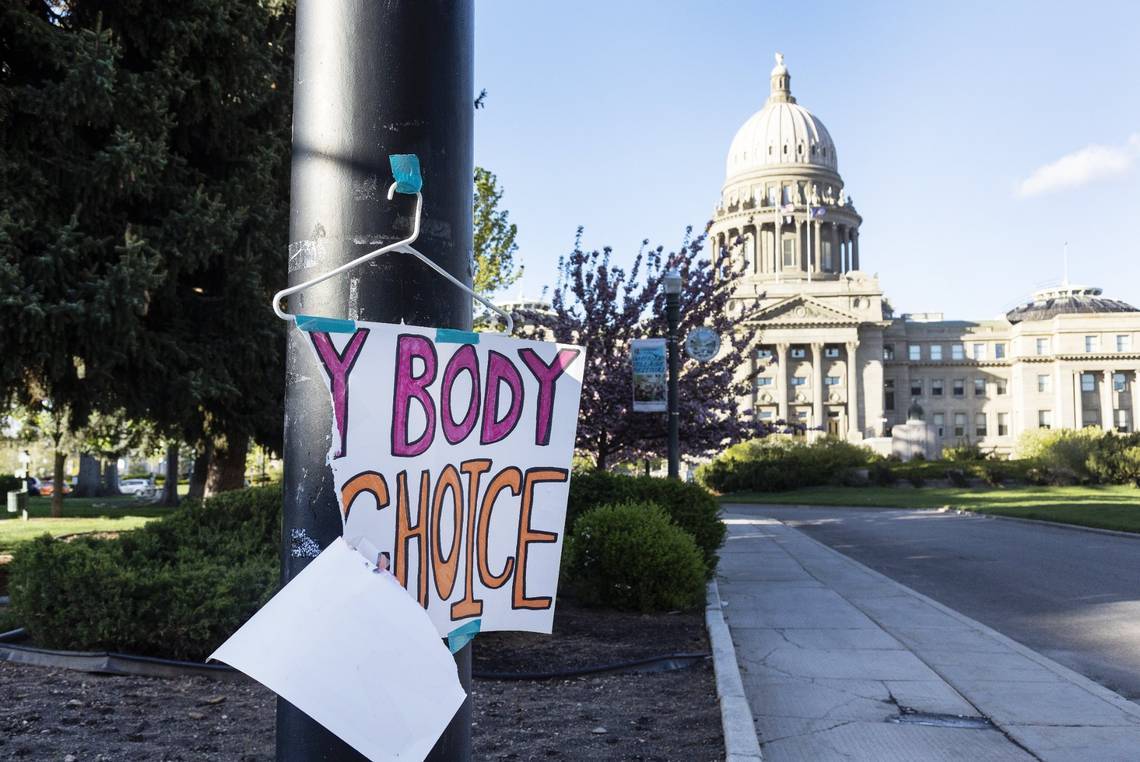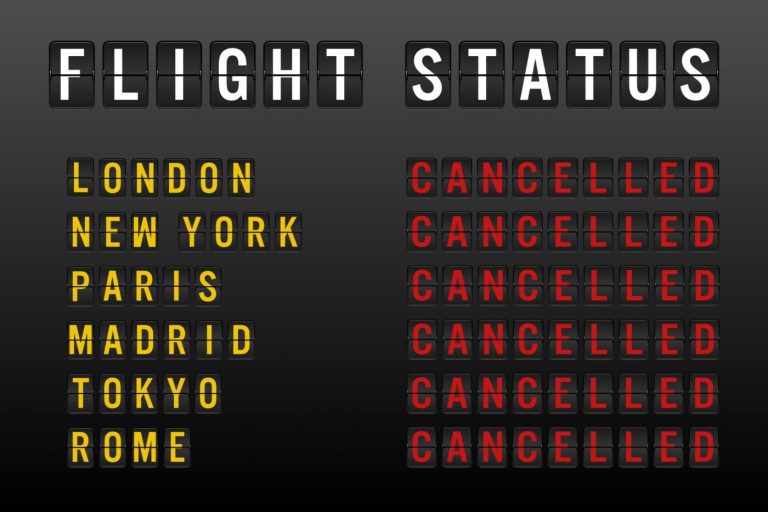WASHINGTON — The U.S. Supreme Court on Wednesday will hear arguments from the state and the U.S. Department of Justice that will determine their decision on the fate of emergency abortion access in Idaho.
Since Idaho’s strict abortion laws went into effect following the court’s repeal of Roe v. Wade in June 2022, they have faced numerous legal challenges. Several have been elevated to the Idaho Supreme Court, and others have risen to the U.S. District Court or 9th Circuit Court of Appeals.
Here’s how this particular case made its way to the highest court.
DOJ intervenes before abortion law is triggered
Related Articles
Inside an Arizona abortion clinic: uncertainty looms and optimism reigns
Emergency rooms in some states refused to treat pregnant women, leaving one to miscarry in a lobby restroom
Opinion: The Kamala Harris moment has arrived once again
Former Marine gets 9 years for firebombing California Planned Parenthood
Donald Trump and Lindsey Graham are again at odds, now over abortion. The strife could help both men
The Legislature passed the law that made most abortions illegal in Idaho in 2020, before it could go into effect. It included a “trigger” that would criminalize the procedure as soon as the right to abortion was returned to the states.
On June 24, 2022, the U.S. Supreme Court overturned landmark abortion protections, in Dobbs v. Jackson Women’s Health Organization, by concluding that the U.S. Constitution doesn’t guarantee the right to an abortion and returning states’ ability to restrict the procedure. The ruling triggered the Idaho law, known as the Defense of Life Act. It was scheduled to go into effect 62 days later, on Aug. 25.
But in early August 2022, the U.S. Department of Justice intervened. The federal government said Idaho’s abortion ban — which includes an emergency exception only when abortion is “necessary to prevent the death of the pregnant woman” — violates a 40-year-old federal law. The Emergency Medical Treatment and Labor Act, or EMTALA, requires hospitals that accept Medicare funds to provide stabilizing care to patients experiencing medical emergencies.
That care sometimes includes abortion, the Department of Justice said.
U.S. District Judge B. Lynn Winmill agreed. Days before the Defense of Life Act went into effect, Winmill issued a partial injunction to the law that would allow health care providers to perform emergency abortions as a stabilizing procedure in medical emergencies.
During the 2023 legislative session, state lawmakers carved out exceptions for ectopic and molar pregnancies — complications that guarantee a pregnancy will not be viable. But legislators never addressed physicians’ calls for a broader health exception to the law.
Just over a year after Winmill issued the partial injunction, a three-judge panel of the 9th Circuit Court of Appeals reversed course. Idaho physicians could no longer use EMTALA as a basis for performing abortions to protect the health of pregnant patients experiencing medical emergencies.
EMTALA injunction reversed again, raised to SCOTUS
That decision was short-lived. The following month, the 9th Circuit Court granted an appeal from the U.S. Department of Justice for an emergency reconsideration “en banc,” meaning 10 judges would weigh in. The partial injunction was back in place.
The en banc panel in November 2023 denied Idaho’s motion to get rid of the injunction. One week later, Idaho Attorney General Raúl Labrador asked the U.S. Supreme Court to consider the case.
In January, the U.S. Supreme Court quietly issued an order removing the partial injunction. For the second time since the Department of Justice sued Idaho in August 2022, the total abortion ban went into full effect without exceptions for pregnant patients’ health.
It was the Supreme Court’s first acknowledgment of Labrador’s request. The order indicated that the court would hear the case in April.
Since then, dozens of stakeholders have weighed in with amicus briefs. Physicians told the court that the conflict between Idaho law and EMTALA is devastating for patients. Businesses said the law harms them and the economy. Conservative groups championed the Idaho law and said abortion is unnecessary for stabilizing patients.
The Supreme Court justices Wednesday will hear one-hour oral arguments from Idaho and the U.S. Department of Justice. The court is expected to issue a decision in June or early July.
_____
©2024 Idaho Statesman. Visit at idahostatesman.com. Distributed by Tribune Content Agency, LLC.












